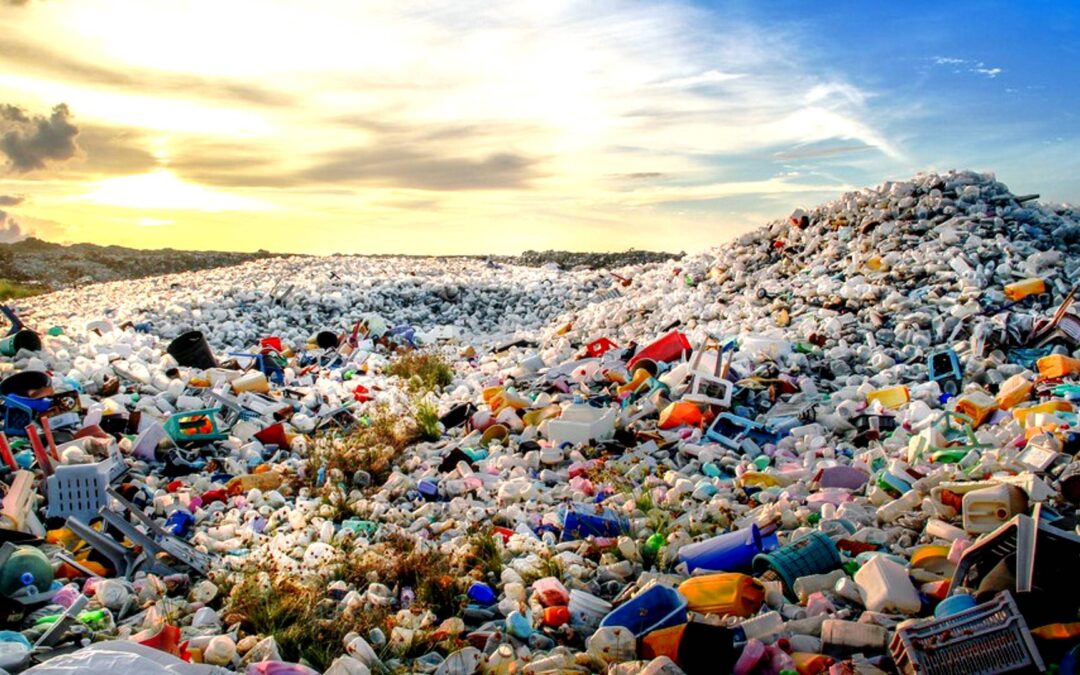Waste is a big problem for everyone in the world. We produce waste and throw it away without realizing where our waste will end and how it impacts the environment. Global waste reaches 3 billion tons in 2021 and only one third gets recycled. In Indonesia, we produced around 67,8 million tons of waste in 2021 and raised to 68,6 in this year. The trend is inclining annually. It means that we are in a waste crisis and if we do not do any action about it, the waste will be overloaded and that will be too late for us to take action.
The main drivers of waste problems are population growth and the technological industry. We live with more than 7 billion people in the world today and it will annually increase. The population incline leads to developing technology that produces more and more waste every time. The following paragraphs will elaborate on the types of waste and how to solve the waste problem.
Organic Waste Problem
Organic waste is waste originating from animals and plants in the form of food scraps, beverage residue, paper, twigs and wood which can naturally decompose in nature. According to data from the UNEP Food Waste Index Report 2021, in 2019, food waste was recorded at 931 million tons worldwide. About 60% of the food waste comes from households, 26% from the food industry and the rest from other sectors. Ironically, the amount of leftover food that is wasted can help hunger in several countries in Africa.
The impact of food waste is increasing greenhouse gasses because it produces methane gas, pollutes clean water and land. The saddest case example is the methane gas explosion at the Cirendeu TPA, Cimahi City in 2005 which caused a landslide and killed 157 people. This should be a big momentum for Indonesia to better evaluate waste management in this country.
Inorganic Waste Problem
Inorganic waste is waste that is difficult to decompose in nature such as plastic, glass, metal, rubber and others. The impact can pollute water, damage soil, and pollute the air. One type of inorganic waste that causes a big problem is plastic waste. If plastic waste is not handled properly it will cause many problems for humans and the environment. Plastic waste can damage soil fertility because it blocks the absorption of water and sunlight which are useful for the growth of microorganisms that fertilize the soil. Then, plastic waste can also contaminate water resources such as seas and rivers, and lead to loss of biodiversity in these waters. Finally, microplastics that are eaten by fish in the sea will not decompose in the fish’s body but will continue to exist until humans consume the fish, and cause problems for human health.
B3 Waste Problems (Hazardous and Toxic Materials)
B3 is a type of waste that contains substances that can harm living things and pollute the environment. Examples of B3 waste that we often encounter at home are detergents, used batteries, vehicle batteries, hairspray and air freshener. The impact of this B3 waste can damage the nervous tissue system, interfere with digestion, cause respiratory and skin diseases and even death. B3 is also capable of destroying animal and plant habitats so that the environment becomes contaminated.
What Can We Do to Help the Earth from the Garbage Problem?
The waste is a problem that can only be solved if all parties such as the government, industry, companies, NGOs and the community help reduce waste and manage waste properly. The government can improve waste management and better waste recycling, industry can reduce the amount of plastic in their products, NGOs can campaign and educate people about the importance of managing waste and we as a society can make the principle of zero waste a lifestyle.
R.O.L.E. Foundation, which is one of the NGOs engaged in the environmental sector through the ZeroWaste Center program, is able to educate the public and businesses to manage waste properly and correctly according to the Zero Waste principle. We campaign the importance of sorting waste and see the economic value of waste. We also conduct research and training in the field of waste management. This is proof of our contribution in realizing an independent Indonesia in waste management.


Recent Comments